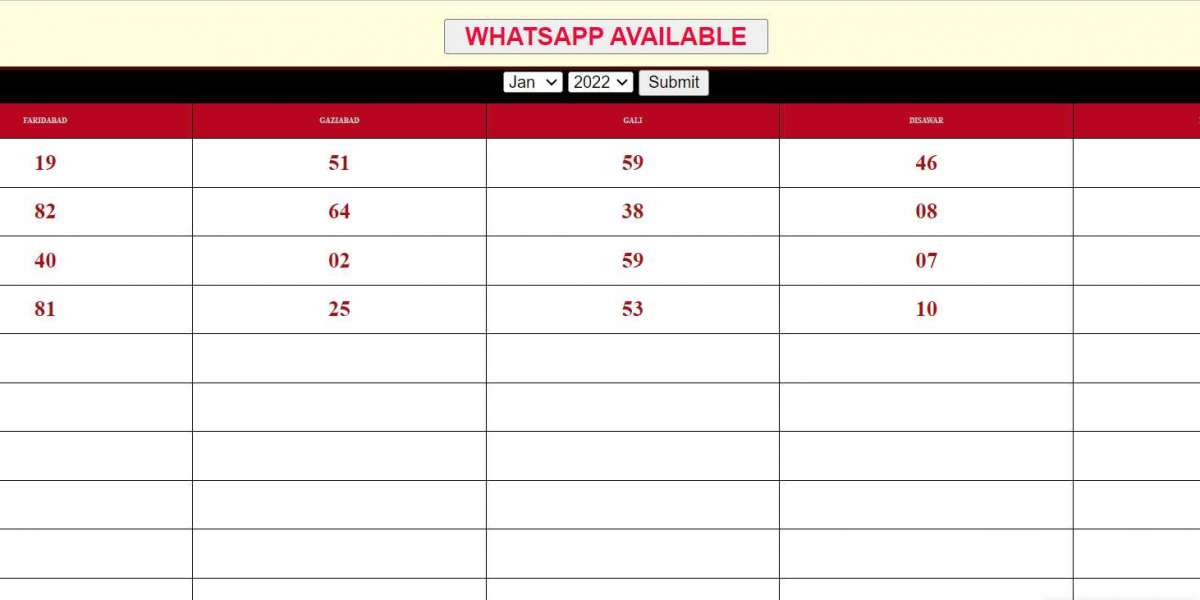Writing essays and research papers is a critical skill in education, essential for success in many academic disciplines. For students seeking homework help, mastering the art of essay writing can be a game-changer. This comprehensive guide provides tips and strategies to help you create effective essays and research papers that impress teachers and earn high grades.
Why Writing Essays and Research Papers Matters
Essay writing is more than just a school requirement; it's a fundamental skill that helps you communicate your thoughts, ideas, and research. Effective writing demonstrates your understanding of a topic and your ability to construct a coherent argument. In addition, well-written essays and research papers can open doors to academic opportunities and scholarships.
Understand the Assignment
The first step to writing a successful essay or research paper is understanding the assignment. Make sure you know:
- The Purpose: Are you analyzing, arguing, or describing? Understand what the instructor expects from your work.
- The Requirements: Note the required word count, format (APA, MLA, Chicago, etc.), and any specific guidelines.
- The Deadline: Set a schedule to ensure you have enough time for each stage of the writing process.
Choose a Compelling Topic
Selecting a topic is a critical aspect of writing. Here are some tips for choosing a topic:
- Interest: Pick a topic that interests you. Your enthusiasm will make the writing process more enjoyable.
- Scope: Ensure the topic isn't too broad or too narrow. A broad topic can be overwhelming, while a narrow topic might lack depth.
- Relevance: Choose a topic relevant to the assignment and your academic goals.
Conduct Thorough Research
Research is the backbone of any great essay or research paper. Follow these steps to conduct effective research:
- Use Reliable Sources: Stick to reputable academic sources, such as journal articles, books, and reputable websites.
- Organize Your Research: Take notes and keep track of your sources. Consider using digital tools or citation software to organize references.
- Identify Key Points: Focus on the most relevant information that supports your thesis.
Create a Strong Thesis Statement
A thesis statement is the core of your essay or research paper. It defines the main argument or point you want to make. Here's how to create a strong thesis statement:
- Be Clear and Concise: Your thesis should be straightforward and easy to understand.
- Take a Stand: Make a clear argument or assertion that you can support with evidence.
- Position: Typically, the thesis statement appears at the end of the introduction.
Outline Your Essay
An outline is a roadmap for your essay or research paper. It helps you organize your thoughts and ensures a logical flow. Here's a basic outline structure:
- Introduction: Start with a hook to grab the reader's attention. Present your thesis statement and outline the main points you'll cover.
- Body Paragraphs: Each paragraph should focus on a specific point or argument. Begin with a topic sentence and support it with evidence and examples.
- Conclusion: Summarize your main points and restate your thesis. End with a thought-provoking statement or call to action.
Write a Compelling Introduction
The introduction sets the tone for your essay or research paper. Make it engaging and informative:
- Hook the Reader: Start with an interesting fact, quote, or question to grab attention.
- Introduce the Topic: Provide context for your essay and explain why the topic is important.
- Present Your Thesis: Clearly state your thesis to give the reader a sense of what to expect.
Craft Effective Body Paragraphs
The body paragraphs are where you present your arguments and evidence. Here's how to write effective body paragraphs:
- Topic Sentence: Begin each paragraph with a clear topic sentence that introduces the main point.
- Use Evidence: Support your points with evidence from your research. This can include quotes, statistics, or examples.
- Transitions: Use transition words and phrases to connect your paragraphs and maintain a logical flow.
Write a Strong Conclusion
A strong conclusion leaves a lasting impression on the reader. Here's how to create an effective conclusion:
- Summarize Key Points: Recap the main points of your essay without repeating them verbatim.
- Restate Your Thesis: Reiterate your thesis in a new way to reinforce your argument.
- End on a High Note: Conclude with a thought-provoking statement or a call to action.
Edit and Proofread
Editing and proofreading are essential to producing a polished essay or research paper. Follow these tips for effective editing and proofreading:
- Take a Break: Step away from your work for a while before you start editing. This helps you approach the text with fresh eyes.
- Check for Errors: Look for spelling, grammar, and punctuation errors. Use tools like Grammarly or Hemingway to assist with this process.
- Review Structure and Clarity: Ensure your essay has a clear structure and that your arguments are easy to follow.
- Seek Feedback: Ask a friend or family member to review your essay. They can offer valuable feedback on clarity and coherence.
Submit Your Essay with Confidence
After editing and proofreading, it's time to submit your essay or research paper. Follow these final tips to ensure a smooth submission:
- Check Formatting: Make sure your essay meets the required formatting guidelines.
- Review the Deadline: Submit your essay on time to avoid penalties.
- Keep a Backup: Always keep a copy of your essay in case of technical issues or other problems.
Conclusion
Writing essays and research papers can be tough, but with the right approach, they can also be an opportunity to sharpen your critical thinking and communication skills. Remember that each essay is a journey from initial idea to final draft, and it's normal to hit a few roadblocks along the way. By following this guide, you'll have the homework help you need to confidently tackle any assignment. Don't be afraid to experiment with various writing styles, seek assignment help from peers or teachers, and continually work on refining your skills. Whether you're completing a class assignment or preparing for a major exam, the ability to clearly express your ideas will serve you well throughout your academic journey and beyond. So, take a deep breath, get organized, and let your thoughts flow onto the page. Good luck, and happy writing!








